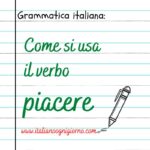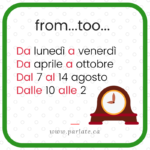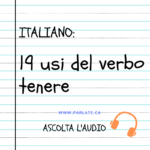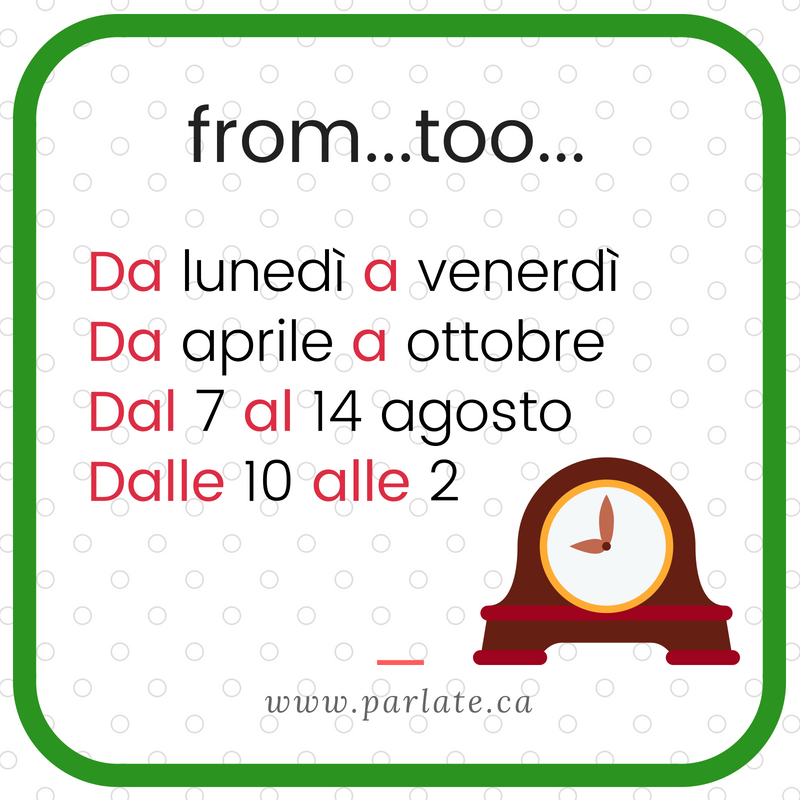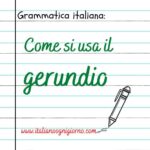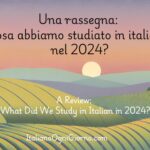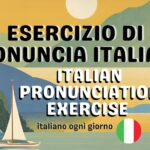Una semplice strategia per imparare meglio, ed è utile anche per studiare le lingue.
(English folows)
È risaputo che avere il cervello riposato aiuta l’apprendimento, infatti diversi studi confermano che una piccola “pausa di riposo” dopo aver studiato permette di ricordare tutto con maggiore efficienza. Inoltre aiuta non solo gli studenti, ma anche persone affette dal morbo di Alzheimer.
Avevo già notato che studiare dei concetti prima di andare a letto avesse degli effetti positivi sull’apprendimento. Per questa ragione ho creato il corso digitale “Buonanotte Preposizioni”, in cui bisogna ascoltare, preferibilmente prima di coricarsi, dei brevi clip audio in cui vengono elencate delle frasi da ripetere con lo scopo di facilitare l’uso delle preposizioni.
Una intensa attività notturna potrebbe essere la ragione per cui spesso impariamo le cose meglio prima di andare a letto. Tuttavia, i ricercatori hanno scoperto che questa dinamica non è limitata solo al sonno e che simili attività neuronali si verificano anche durante i periodi di veglia.
L’esatto meccanismo è ancora sconosciuto, anche se alcuni indizi ci arrivano da una crescente comprensione della formazione della memoria. Oggigiorno è ben riconosciuto che una volta che i ricordi sono stati inizialmente codificati, passano attraverso un periodo di consolidamento che li fissa nell’archiviazione a lungo termine. Una volta si pensava che ciò accadesse principalmente durante il sonno, in cui avviene un’accresciuta comunicazione tra l’ippocampo – dove si formano i ricordi per la prima volta – e la corteccia. Un processo che potrebbe costruire e rafforzare le nuove connessioni neurali necessarie per un successivo richiamo.
Forse il cervello impiega qualsiasi “tempo morto” per rafforzare ciò che ha appreso di recente e quindi ridurre le stimolazioni durante questo tempo può facilitare il processo. Sembrerebbe anche che danni neurologici possano rendere il cervello particolarmente vulnerabile a tale interferenza dopo aver appreso un nuovo ricordo, motivo per cui il periodo di riposo si è rivelato particolarmente favorevole per i sopravvissuti ad un ictus e le persone affette dal morbo di Alzheimer.
Dunque non è necessario dormire, basta solo evitare distrazioni per 10-15 minuti dopo lo studio e lasciare riposare la mente in tutta tranquillità. L’ideale sarebbe una “interferenza minima” durante la pausa evitando deliberatamente qualsiasi attività che possa compromettere il delicato compito della memorizzazione. Quindi non controllare le mail o navigare sul web sul tuo smartphone. Bisogna dare al cervello la possibilità di una ricarica completa senza distrazioni.
In conclusione non è vero che più sforzo facciamo più impariamo. È utile invece programmare periodi di riposo regolari, senza distrazioni, per aiutarci a trattenere un po’ più saldamente il nuovo materiale.
Nell’era del sovraccarico di informazioni, vale la pena ricordare che il nostro smartphone non è l’unica cosa che necessita di una ricarica regolare. Anche le nostre menti ne hanno chiaramente bisogno.
Prova a fare una “pausa di riposo” dopo aver studiato l’italiano e fammi sapere come va. Ricordi meglio i concetti studiati?
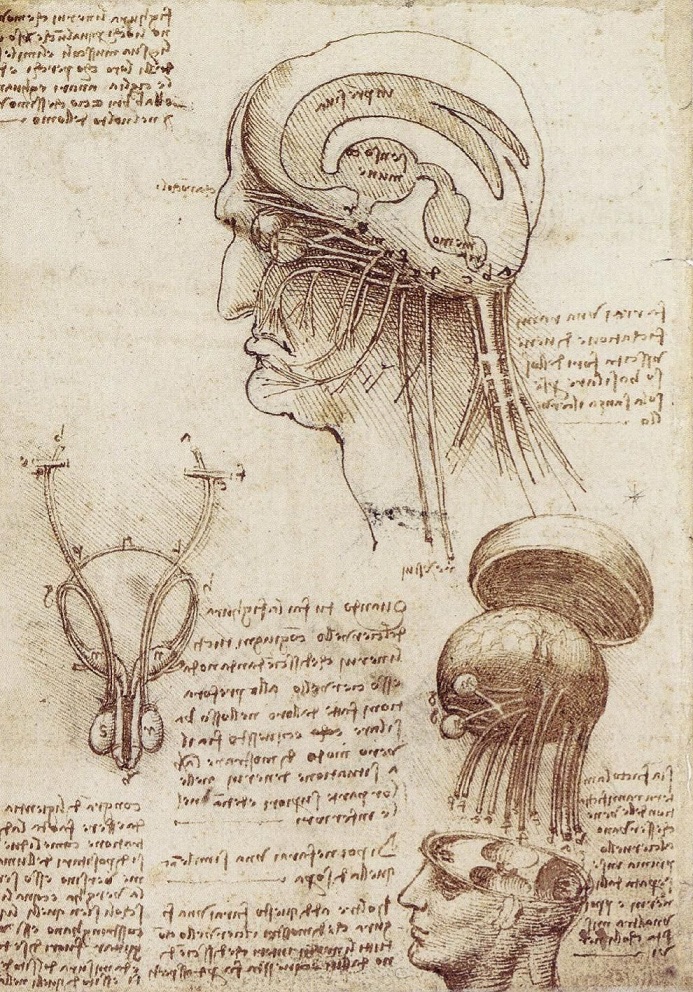
English version –
Improve memory effortlessly – A simple strategy to learn better, also useful to study languages.
It is known that resting your brain helps learning, in fact several studies confirm that a small “restful break” after studying allows you to remember everything more efficiently. It helps not only students, but also people with Alzheimer’s disease.
I had already noticed that studying concepts before going to bed had positive effects on learning. For this reason I created the digital course “Buonanotte Preposizioni”, where you have to listen to, preferably before going to bed, short audio clips in which there are sentences to repeat with the aim of facilitating the use of prepositions.
Intense nighttime activity could be the reason why we often learn things better before going to bed. However, researchers found that this dynamic is not limited only to sleep and that similar neuronal activities also occur during waking periods.
The exact mechanism is still unknown, although some clues were found in a growing understanding of memory formation. Nowadays it is well recognized that once memories have been initially encoded, they go through a period of consolidation that fixes them in long-term archiving. It was once thought that this mainly happened during sleep, in which increased communication takes place between the hippocampus – where memories are formed for the first time – and the cortex. A process that could build and strengthen the new neural connections necessary for subsequent recall.
Perhaps the brain takes “downtime” to strengthen what it has recently learned, so reducing stimulation during this period can facilitate the process. It would also appear that neurological damage may make the brain particularly vulnerable to such interference after acquiring a new memory, which is why the rest period has proved to be particularly beneficial for stroke survivors and people with Alzheimer’s disease.
Therefore there is no need to sleep, just avoid distractions for 10-15 minutes after studying and let your mind rest quietly. Ideally having “minimal interference” during the break, deliberately avoiding any activity that could compromise the delicate task of memorization. So don’t check your emails or surf the web on your smartphone. The brain must be given the possibility of a full recharge without distraction.
In conclusion it’s not true that the more effort we make the more we learn. Instead, it is helpful to schedule regular rest periods, without distraction, to help us hold the new material a little more firmly.
In the era of information overload, it is worth remembering that our smartphone is not the only thing that needs regular charging. Even our minds clearly need it.
Try to take a small “restful break” after studying Italian and let me know how it goes. Do you remember the concepts studied better?

